
Do Products Need UL Certification to Sell on Amazon?
UL Standards and Coverage
UL standards are a series of safety standards developed and published by Underwriters Laboratories (UL). UL standards are widely recognized and adopted, and many countries and regions consider UL certification an important requirement for product safety and market access. In the US market, many electronic products and appliances need to be ul certified before they can be sold and used.
UL standards cover various fields, including electronic products, appliances, building materials, industrial equipment, and consumer goods. They address electrical safety performance, mechanical performance, chemical performance, environmental requirements, and more, aiming to assess the safety, reliability, and compliance of products.
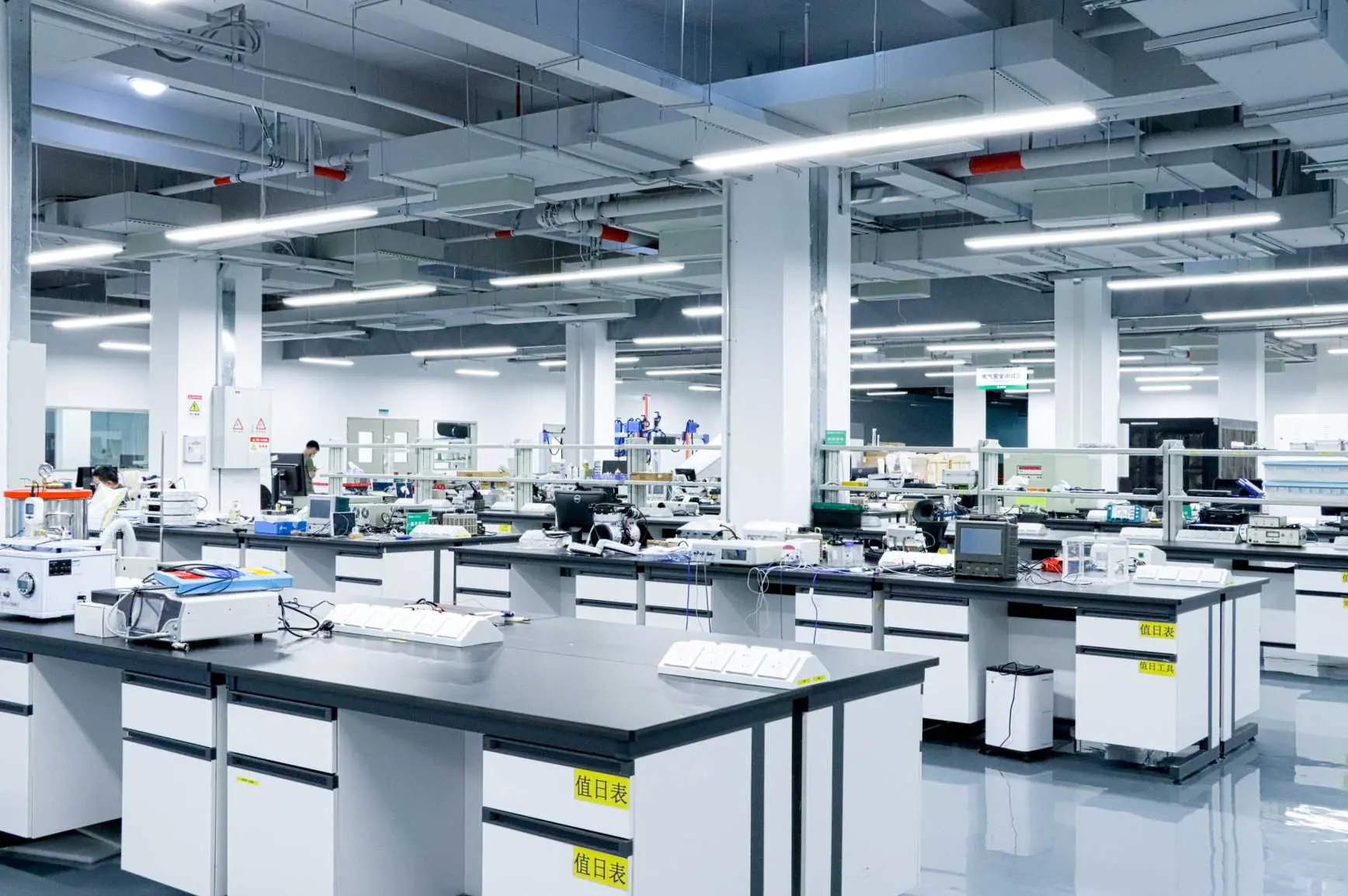
Amazon & UL Standards
Do products need UL certification to sell on Amazon? For sellers on the Amazon platform, if their products need to meet UL standards, they must submit test reports or certification certificates issued by UL-authorized laboratories to the platform to prove product compliance and safety. Failure to provide these necessary documents may result in product delisting, sales suspension, or even legal liability due to product safety issues. Therefore, it is crucial for Amazon sellers to thoroughly understand and strictly adhere to UL standards.
Although compliance with UL standards is voluntary in the United States, product safety is a legal obligation that manufacturers, importers, and sellers, including those operating on e-commerce platforms like Amazon, must take seriously. If products pose safety risks or do not comply with relevant regulations and standards, sellers may face product recalls, market bans, hefty fines, and legal actions.
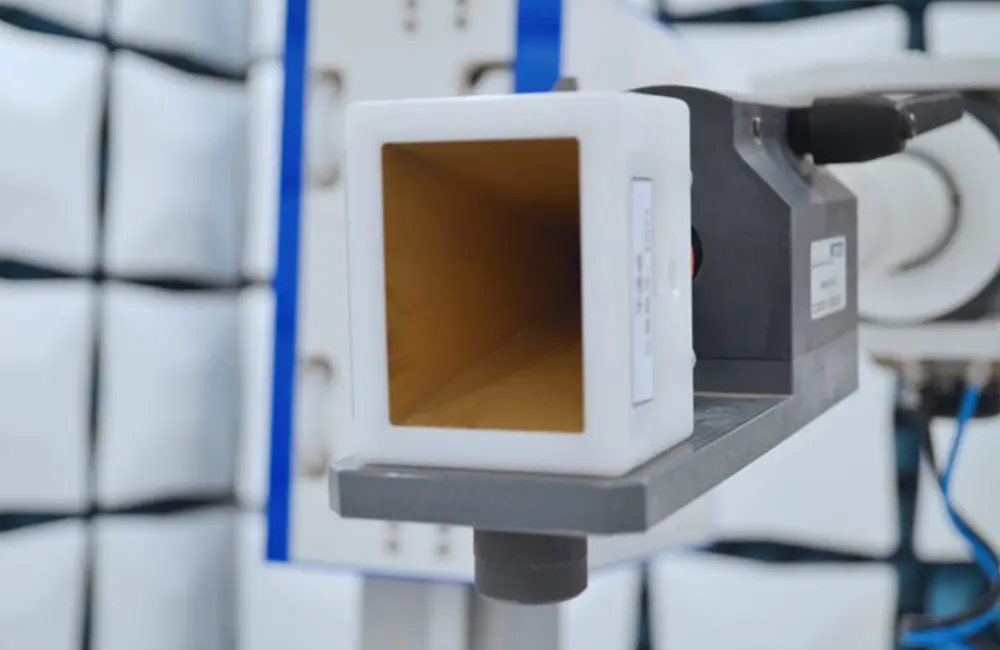
UL Electrical Safety Standards
UL has numerous electrical safety standards covering various electrical products and equipment. Below are some UL electrical safety standards and their relevant content:
1. UL 60335 Series: These are safety standards for household and similar electrical appliances. For example, UL 60335-1 is the general safety requirement, while other parts target specific types of products, such as UL 60335-2-3 for electric irons and UL 60335-2-8 for electric shavers and clippers.
2. ul 62368-1: This is the safety standard for audio/video, information, and communication technology equipment, covering computer peripherals, hubs, speakers, headphones, adapters, and more.
3. UL 2089: This is the safety standard for vehicle battery chargers, applicable to car chargers or products with car charger heads.
4. ul 1310: This is the safety standard for power units, such as battery chargers.
5. ul 2743: This is the safety standard for portable power packs, including jump starters, emergency power supplies, and energy storage power supplies.
Below are some test items for UL electrical safety standards:
1. Electrical Insulation: Evaluates the product's electrical insulation performance to ensure no risk of electric shock during normal use or abnormal conditions.
2. High Voltage Test: Verifies the strength and stability of the product's electrical insulation under high voltage conditions.
3. Ground Protection: Assesses the product's grounding protection measures to ensure the current is safely conducted to the ground in case of leakage, preventing electric shock.
4. Overload Protection: Evaluates the product's protection measures under overload conditions to prevent fires or equipment damage due to excessive current.
5. Short Circuit Protection: Assesses the product's protection measures under short circuit conditions to ensure power is cut off promptly to prevent fires and other hazards.
6. Leakage Protection: Evaluates the product's leakage protection function to ensure power is cut off promptly in case of leakage, preventing electric shock.
These are just a portion of the UL electrical safety standards. In fact, UL has more standards targeting other electrical products and equipment. Each standard details the safety requirements and test methods for the respective products to ensure their electrical safety performance.
UL Flammability Standards
UL has developed several flammability test standards to ensure that products are not easily ignitable or the flames do not spread easily under normal or abnormal conditions. Below are some brief descriptions and examples of these standards:
1. UL 94 – Tests the flammability of plastic materials for parts in devices and appliances: UL 94 is the most commonly used standard to assess the flammability of plastic materials. It defines various flammability ratings (e.g., V-0, V-1, V-2, HB, 5VA, 5VB) with specific combustion test conditions and result requirements.
2. UL 746A – Short-term property evaluations for polymeric materials: Although not directly related to flammability, this standard provides data on the performance of polymer materials (including plastics) under short-term thermal exposure and mechanical stress, which might relate to material flammability.
3. UL 1693 – Flammability tests for nonmetallic materials for electrical and electronic equipment: This standard may cover a wider range of nonmetallic materials, including those other than plastics, to evaluate their flammability in electrical and electronic equipment.
4. UL 2043 – Flame propagation testing for thermoplastic pipes and fittings in air-handling spaces: This standard specifically evaluates the flame propagation characteristics of thermoplastic pipes and fittings used in ventilation systems.
5. UL 1975 – Methods for testing the flame retardance of wire and cable assemblies: Defines methods for testing the flame retardance of wire and cable assemblies to ensure they do not burn rapidly or contribute to fire spread.
6. UL 1995 – Heat and flammability tests for nonmetallic materials in heating and ventilating equipment: Focuses on evaluating the heat endurance and flammability of nonmetallic materials used in heating and ventilating equipment.
These standards are crucial for ensuring product safety, especially in environments with high fire risk. Manufacturers typically design and test their products according to these standards to meet relevant safety regulations and requirements.
UL Performance Standards
1. UL S8001 – Flashlight Performance: This standard might involve testing and evaluating critical performance indicators such as light output, beam distance, run time, and battery life. These tests help consumers choose flashlights that meet their needs and understand their performance in different use scenarios.
2. UL 316 – Video Surveillance System Performance: UL 316 might cover aspects like image quality, resolution, color accuracy, video storage, and playback performance of video surveillance systems. These tests ensure that video surveillance systems can provide clear and reliable images in actual applications to meet security monitoring needs.
3. UL 2596 – Thermal and Mechanical Performance testing of Battery Enclosure Materials: This standard might focus on evaluating the thermal stability and mechanical strength of battery enclosure materials under extreme temperature conditions. These tests help understand battery safety in different working environments, preventing safety incidents due to thermal runaway or mechanical damage.
4. UL 2802 – Camera Image Quality Performance Testing: UL 2802 might involve evaluating digital cameras or camcorders for image quality, including resolution, color accuracy, contrast, and dynamic range. These tests help consumers compare different camera products' performance and choose the model that best suits their needs.
Amazon UL Compliance Product List
Key Component Control Requirements:
1. Built-in Lead Acid Battery: UL 1989
2. Built-in Lithium Ion Battery: UL 1642
3. Metal Enclosure: Corrosion resistant, meeting standards Table 7.1 or 7.2
4. Plastic Enclosure: Minimum UL-certified V1 flame retardant level; UL certified temperature at least 90°C; HAI value c3
5. Input Power Cord: Type G, SO, SJO, SJEO, SJTO, STO or equivalent; Not less than 6 feet (1.8 m)
6. External Power Supply PV Panel: UL 1741 or UL 62109
7. External Power Supply Car Lighter: UL 2089
8. External Power Supply Adapter: UL 1310 or UL 60950-1
9. Output Car Ignition Line: UL 758 or UL 1839
10. Output Connector: UL 1977 or UL 1839
11. Battery Fire Resistant Material: Minimum flame retardant level HB or UL 1839
12. AC Output Socket: UL 498 (120Vac, 15A maximum, NEMA 1-15R)
13. DC Output Seat or USB Head: UL 1977
14. Tire Inflator Compressor: UL 1450
15. Switch: UL 1054 or UL 61058-1 certification
16. Internal Inverter Circuit (DC to AC): UL 1012
17. Energy Controller: UL 508
18. Internal Plastic Parts: Minimum flame retardant level V-2
19. Circuit (PCB): Minimum flame retardant level V-1
UL Lithium Battery Product Testing Standards
UL has established several testing standards for lithium battery products. Below are some key standards:
1. UL 1642: This is the standard for lithium cells' safety introduced by UL in 1985. It applies to primary (non-rechargeable) and secondary (rechargeable) lithium cells, assessing their safety and reliability under various failure conditions. Key test items include room temperature short circuit test, 55°C short circuit test, overcharge test, crush test, heavy impact test, mechanical shock test, vibration test, thermal chamber test, temperature shock test, high altitude simulation test, and projectile test.
2. ul 2054: This standard mainly addresses lithium battery packs or battery packs. It applies to batteries used as power sources in products, comprising single or multiple lithium-ion cells converting chemical energy into electrical energy.
UL 2054 Tests:
- Short Circuit Test (20°C and 55°C)
- Abnormal Charging Test
- Abuse Overcharge Test
- Forced Discharge Test
- Limited Power Source Test
- Component/Surface Temperature Test
- Upper Charging Voltage
- 250N Constant Force Test
- Mold Stress Relief Test
- Drop Impact Test
- Enclosure Flammability
- Construction Assembly
UL 1642 and UL 2054 are two important UL standards for lithium battery products, addressing the safety and performance evaluation of individual cells and small rechargeable battery packs, respectively. UL 1642 focuses on single lithium cells' safety tests, including short circuit, overcharge, crush, and heavy impact tests, ensuring safe and reliable operation under various fault conditions. UL 2054 covers the design, construction, and performance testing of small rechargeable battery packs. Importantly, UL 2054 requires each battery in the pack to pass UL 1642 certification, ensuring each component meets basic safety standards. While UL 2054 is not mandatory for products shipped to the US, it is part of the mandatory end-device standards in the US market. Therefore, battery packs used in electronic products sold in the US typically need to comply with UL 2054 standards.
3. UL 2595: This standard specifies the requirements for key components, including lithium-ion cells, which must meet UL 62133 or CAN/CSA E62133. It also covers battery-powered appliances, such as products with removable, integrated, or separable battery packs with a maximum rated voltage of 75V DC.
Although not developed by UL, un38.3 is a widely used international standard for lithium battery transportation safety. It requires lithium batteries to pass altitude simulation, thermal test, vibration, shock, 55°C external short circuit, impact test, overcharge test, and forced discharge test to ensure transportation safety.
ul testing Choices
UL offers two main testing services: Listing and Recognition. These services have different applications and requirements in the product testing and certification process.
1. Listing: Listing service is a comprehensive testing and certification service provided by UL. When a product passes the listing service, it means that the product has undergone thorough testing according to UL's relevant standards, and its manufacturing process meets UL's requirements.
- Listed products usually bear the UL mark, indicating that the product has passed UL's testing and certification and meets relevant safety standards.
- For battery products, passing UL's listing service ensures the battery meets UL's safety standards in design, construction, and performance testing, providing necessary safety assurance during use.
2. Recognition: Recognition service is another testing and certification service provided by UL, mainly for components or parts already installed in factories and not replaceable by users, such as shrink-wrapped batteries.
- Recognition service typically does not require comprehensive testing of the product but is based on the manufacturer's technical data and UL's evaluation to determine if the product meets UL's requirements.
- Recognized products may bear a specific recognition mark, indicating that the product has received UL's recognition.
It is important to note that UL evaluates and tests the safety of products in both listing and recognition services. However, the scope of testing and evaluation for recognition service may be limited compared to listing service, mainly depending on the product's characteristics and usage scenarios.
Email:hello@jjrlab.com
Write your message here and send it to us
 Which Electric Fans Must Obtain CCC Certification?
Which Electric Fans Must Obtain CCC Certification?
 EMC, EMI & EMS: Key Differences and Testing
EMC, EMI & EMS: Key Differences and Testing
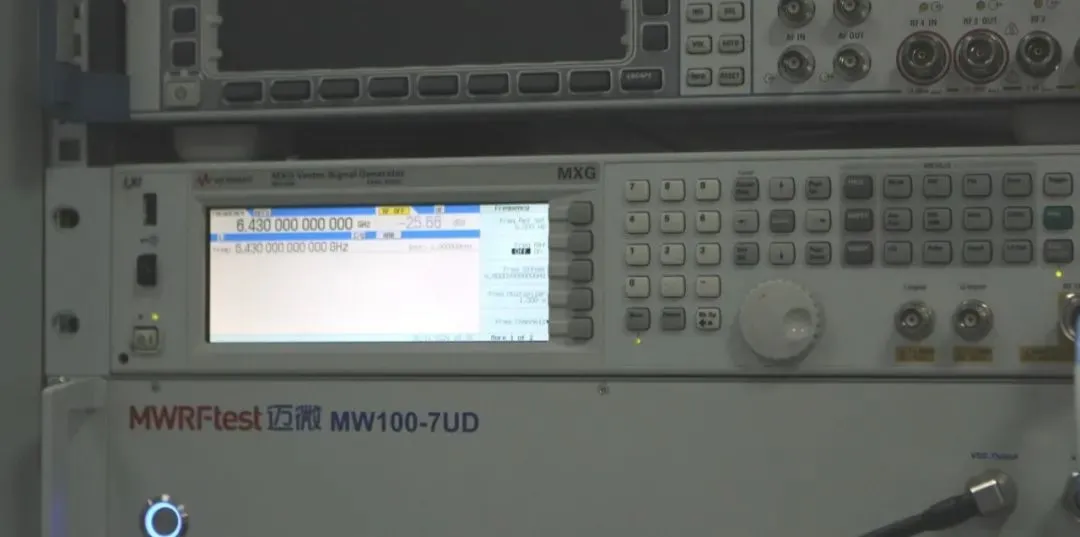 What is Safety Compliance Testing and Its Scope?
What is Safety Compliance Testing and Its Scope?
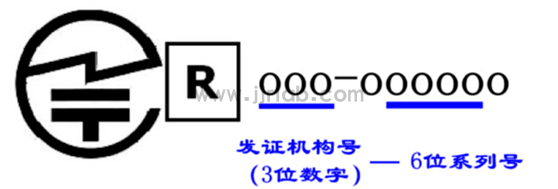 Introduction to Japan TELEC Certification for Radi
Introduction to Japan TELEC Certification for Radi
 Introduction to EU Battery WEEE Icon Size and Plac
Introduction to EU Battery WEEE Icon Size and Plac
 Introduction to Brazil ANATEL Radio Certification
Introduction to Brazil ANATEL Radio Certification
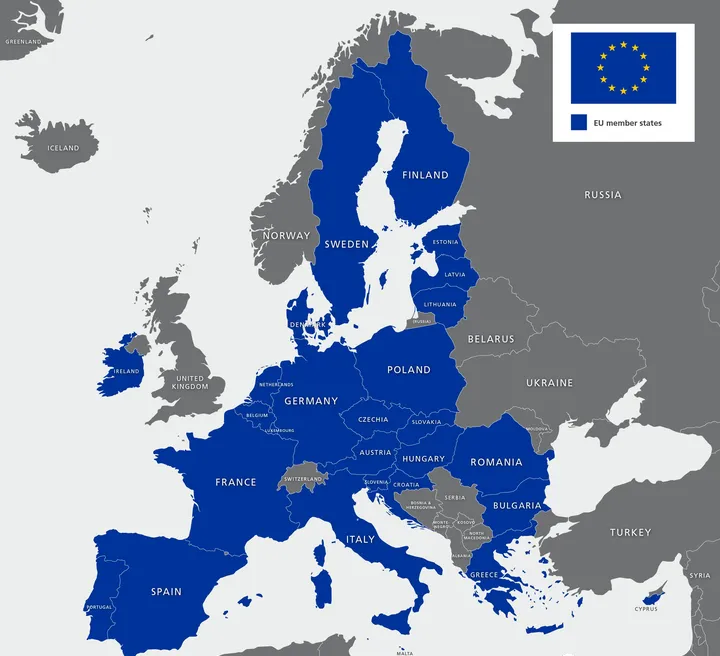 Toy, Baby, Electronics & PPE EU Compliance
Toy, Baby, Electronics & PPE EU Compliance
 What is the UL2089 Report for Car Chargers?
What is the UL2089 Report for Car Chargers?
Leave us a message
24-hour online customer service at any time to respond, so that you worry!




